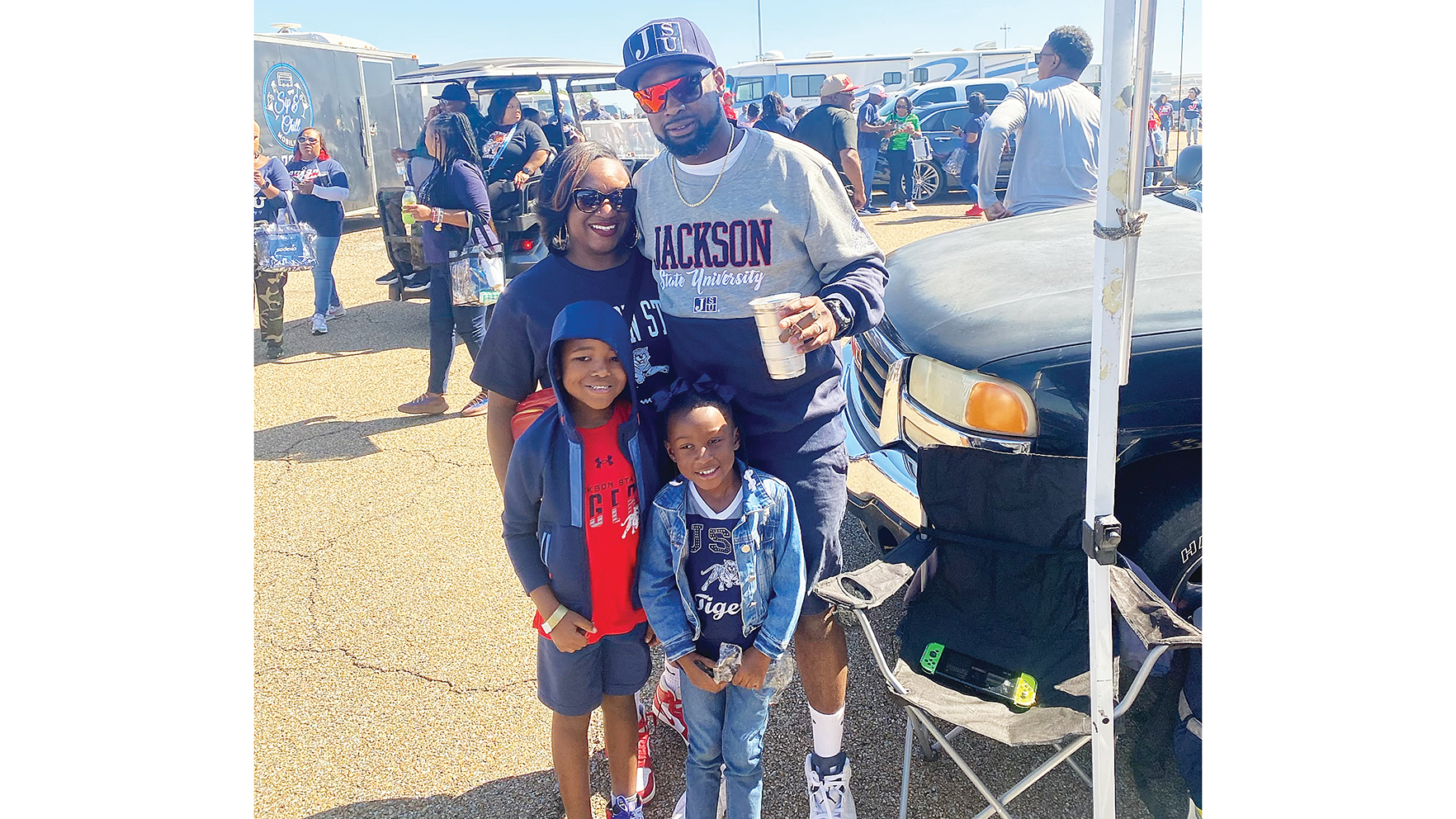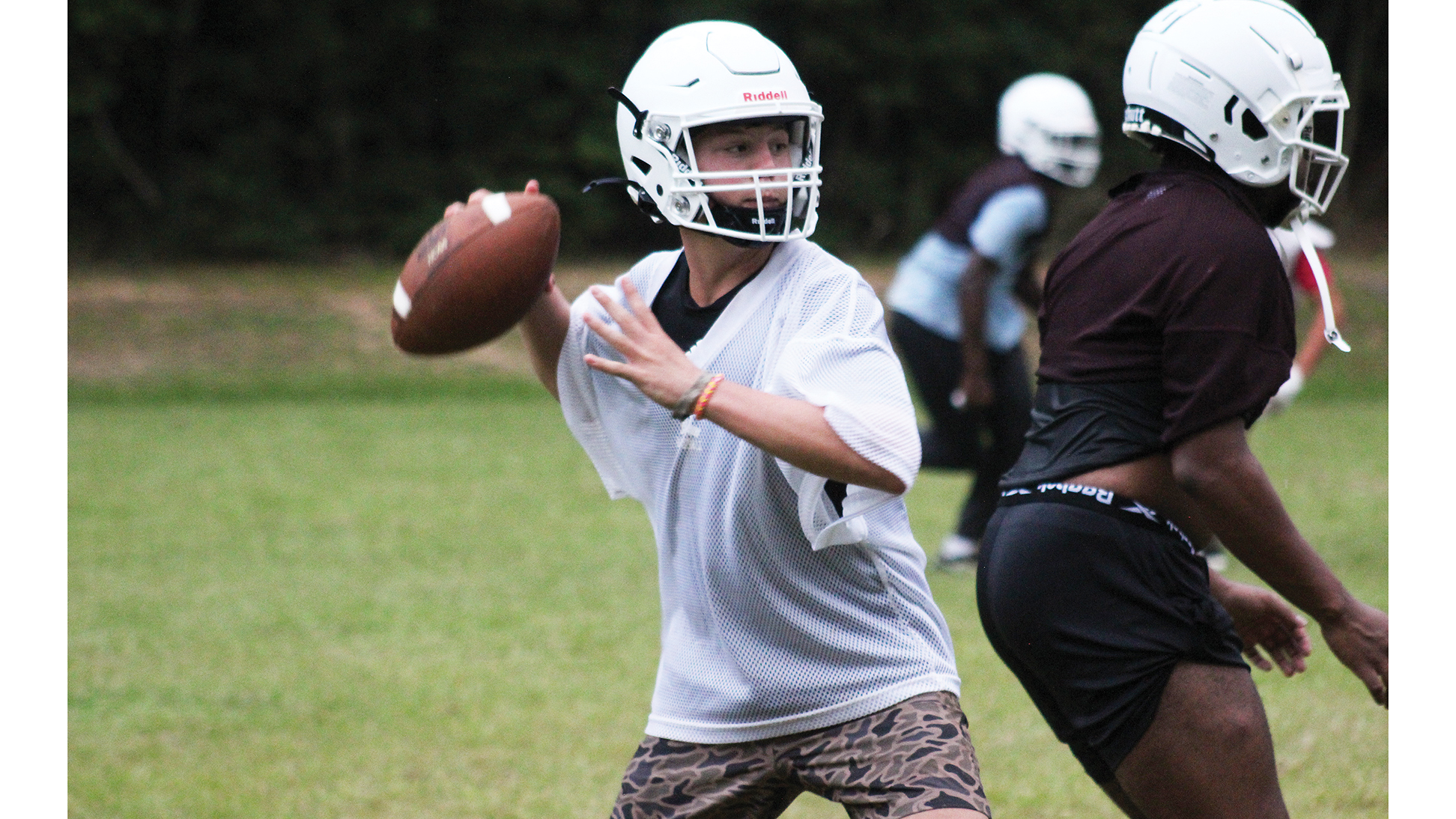Going lowercase: The race for the White House
Published 11:01 am Wednesday, October 12, 2016
This semester has been a hard one to teach a class about the U.S. Presidency. What sounded pretty good last spring when we were planning a slate of offerings for our homeschool co-op has become, well, complicated.
The sad reality is my “Race for the White House” sessions are often derailed by character issues, censorable comments, and an unusual amount of bad behavior (from the subject material, not my students.)
Now mind you, we are making every attempt to treat this election cycle like any other one in our nation’s history. These are fresh-faced kids who can tell you without hesitation what the “B” stands for in the middle of Rutherford Hays and what Article II of the Constitution says about term limits. They’re just having trouble grappling with the current state of our union and its presidential candidates. It doesn’t help that their instructor is having trouble grappling with them herself.
Trending
So the very first time we met together I spelled out the ground rules.
We will speak in facts, not opinions.
We will be respectful.
I also threw in another one, although it would be hard to enforce since it goes against the editorial tide: we will capitalize “President” when it refers to the highest office in our land, even when it stands alone and is not preceding a specific name.
(That was the standard in grammar books until the 1970s, which makes one wonder if there’s any correlation between lower case letters and lowering standards. Just sayin’.)
So over the weeks we have contemplated Kennedy’s 1962 response to missile sites in Cuba while shying away from Benghazi.
Trending
We have analyzed Donald Trump’s signature but not his tweets.
We have played bingo using election lingo and definitions, discussed a Time magazine article about voting record hackers, and listened to a podcast about illegal immigration. We even discussed last Friday’s Nobel Peace Prize presentation.
Me: “Who can tell me what this international award is all about?”
Them: Silence. (Well, not completely. A third-grader in one class knew Mr. Nobel invented dynamite.)
Me: “It recognizes the person who has done the most to promote peace that year, and at least four U.S. Presidents were past recipients. Can you name them?”
Them. “FDR?”
Them: “Reagan?”
Them: “Lincoln?”
Me. “Nope. And the prizes started after Lincoln’s time, by the way.”
Them (eventually): “ _______, __________, _________, _________.”
Me: Good job.
(I’ll let you look them up for yourself, readers.)
With great trepidation, I also distributed a debate-watching assignment. Afterward, we noted that the participants could learn a few things from our class ground rules (see above). It would be equally easy to point out that such behavior means November’s winner isn’t likely to expand our Nobel Presidential circle to five, either. But who knows? If you fill in those blanks I listed, you may be surprised.
So during the summer, when I was sweating over preparing to teach the complexities of the Electoral College, it’s probably a good thing I didn’t realize there would be harder issues to tackle.
Like 11th-hour video tape releases.
And the disconnect between proclaiming love for your own grandchild and providing partial-birth abortions for someone else’s.
Yes, it’s a good thing, because we might have been studying Pygmallion instead of delving into poly sci this semester. But at least my students have a couple of good biographies to check off their reading list, and they’ve learned a few new terms – like third-party and write-in.
Because some of them are on the very cusp of registering to vote, and whatever they take away from this course, I hope that they remember the title of President is supposed to start with a capital “P”. It’s an office of honor, even when our culture, and candidates, prefer to go lowercase.
Wesson resident Kim Henderson is a freelance writer who writes for The Daily Leader. Contact her at kimhenderson319@gmail.com.





